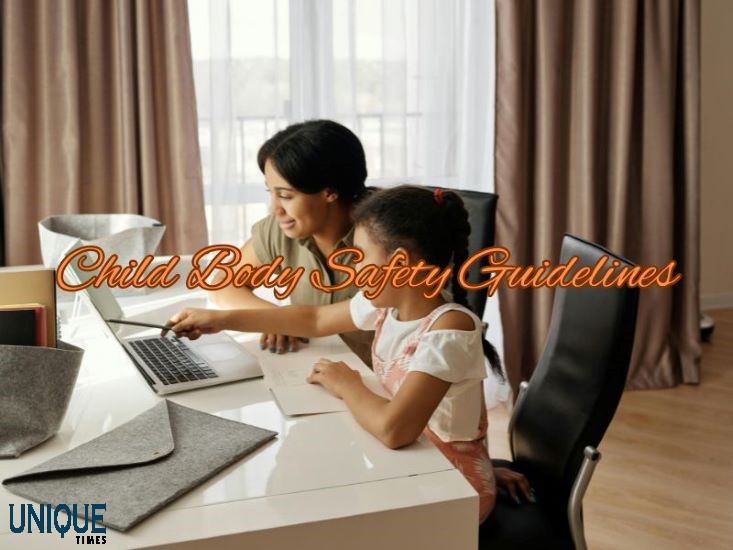8 Body Safety Guidelines For Every Parent To Teach Their Children

Ensuring the safety and well-being of our children is a top priority for every parent. In this blog post, we’ll discuss eight essential body safety guidelines that every parent should teach their children to help protect them from potential harm and empower them to advocate for their own safety.
1. Teach Them About Private Parts: Educate your children about their private parts and explain that these areas are off-limits to others. Use age-appropriate language and emphasize that no one should touch their private parts without their permission.
2. Discuss Consent: Teach your children about the importance of consent and help them understand that they have the right to say no to any physical contact that makes them feel uncomfortable, even with family members or trusted adults.
3. Encourage Open Communication: Create a safe and supportive environment where your children feel comfortable talking to you about anything, including uncomfortable or confusing situations. Encourage open communication and listen to their concerns without judgment.
4. Establish Boundaries: Help your children establish and assert their boundaries by teaching them to recognize when they feel uncomfortable or unsafe and encouraging them to speak up and assert themselves assertively.
5. Teach Them About Secrets: Explain the difference between good secrets (like surprise birthday parties) and bad secrets (those that make them feel scared or uncomfortable). Let them know that they should never keep bad secrets and that they can always come to you for help.
6. Identify Trusted Adults: Help your children identify trusted adults they can turn to for help if they ever feel unsafe or threatened. This may include parents, teachers, family members, or other caregivers who they feel comfortable confiding in.
7. Practice Body Autonomy: Teach your children to respect their own bodies and the bodies of others. Encourage them to speak up if someone violates their personal space or boundaries and reassure them that it’s okay to assert their autonomy.
8. Role-Play Scenarios: Practice role-playing various scenarios with your children to help them develop the skills and confidence to handle potentially dangerous situations. Use age-appropriate scenarios and encourage them to assert their boundaries and seek help when needed.
By teaching your children these essential body safety guidelines, you can help empower them to advocate for their own safety and well-being. Remember to reinforce these lessons regularly and encourage open communication to ensure that your children feel supported and protected at all times.
Picture Courtesy: Google/images are subject to copyright








